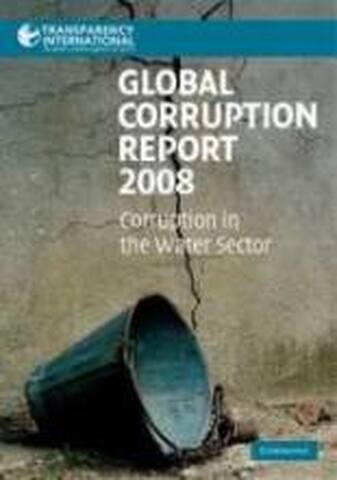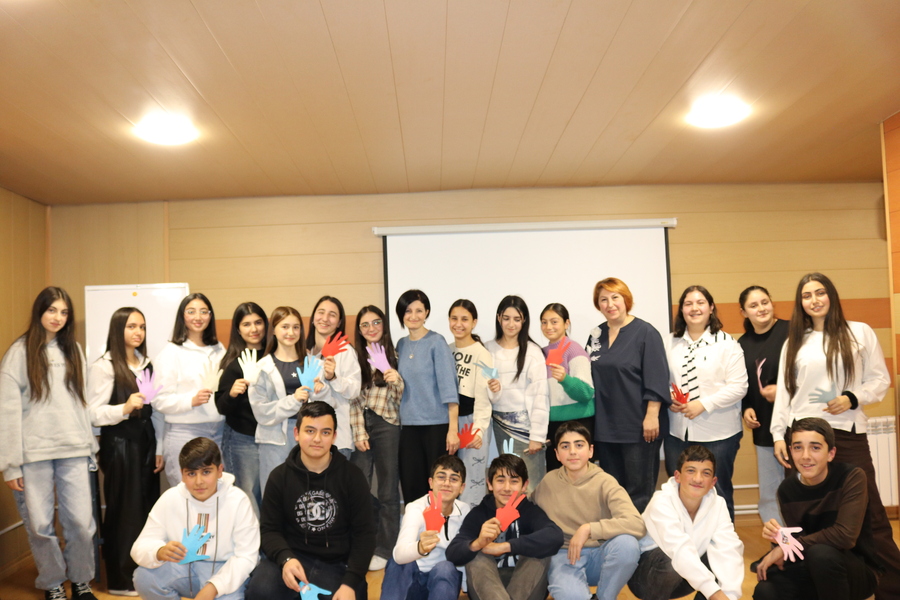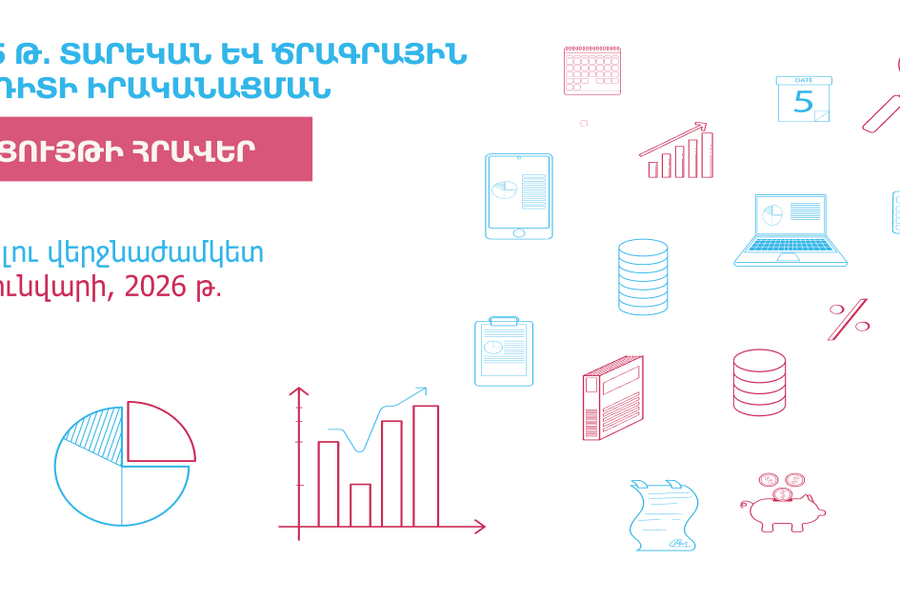Corruption in the water sector is an overlooked threat for development and sustainability
New report shows how corruption undermines the global response to climate change and food shortages
Berlin / New York, 25 June 2008
Corruption in the water sector is a root cause and catalyst for the global water crisis that threatens billions of lives and exacerbates environmental degradation, according to the Global Corruption Report 2008: Corruption in the Water Sector, released today by Transparency International (TI).
"Water is a resource without substitute. It is paramount to our health, our food security, our energy future and our ecosystem. But corruption plagues water management and use in all these areas," said Huguette Labelle, Chair of Transparency International.
The report, the first of its kind to explore the impact and scope of corruption in different segments of the water sector, identifies a range of problems, from petty bribery in water delivery to procurement-related looting of irrigation and hydropower funds; from covering up industrial pollution to manipulation of water management and allocation policies.
"Corruption's impact on water is a fundamental governance problem, yet it is not sufficiently addressed in the many global policy initiatives for environmental sustainability, development, and food and energy security. This must change," added Labelle.
The water crisis is undeniable and the corruption challenge it faces is urgent. More than 1 billion people worldwide have no guaranteed access to water and more than 2 billion are without adequate sanitation, which has devastating consequences for development and poverty reduction.
Nonetheless, as the Global Corruption Report shows, taking action against corruption in the water sector is both timely and feasible. Key recommendations of the report include:
*Establish transparency and participation as guiding principles for all aspects of water governance: From transparent budgeting and participatory policy-making to public mapping of water pollution, public audits of projects and access to contract terms and performance reports, transparency and participation strengthen integrity in water governance, but need to be adopted globally.
*Strengthen regulatory oversight: Government and the public sector continue to play the most prominent role in water governance and should establish effective regulatory oversight, whether for the environment, water and sanitation, agriculture or energy. Institutional reform and capacity-building are essential to bring oversight in water up to the standards already achieved in other sectors.
*Ensure fair competition and accountable implementation of water projects: All stakeholders have a role to play. Contracts should incorporate anti-corruption measures. Governments and contractors can enter into agreements for fair public procurement. Lenders and donors must strengthen anti-bribery provisions in their due diligence requirements.
Transparency International, along with the International Water and Sanitation Centre, the Stockholm International Water Institute, the Swedish Water House and the Water and Sanitation Program-Africa founded the Water Integrity Network (WIN) in 2006. Today WIN is a growing network of organisations and individuals that fights corruption in all parts of the water sector. The Global Corruption Report 2008 benefited from expert and financial support from WIN.
The whole package of Global Corruption Report 2008 documents






